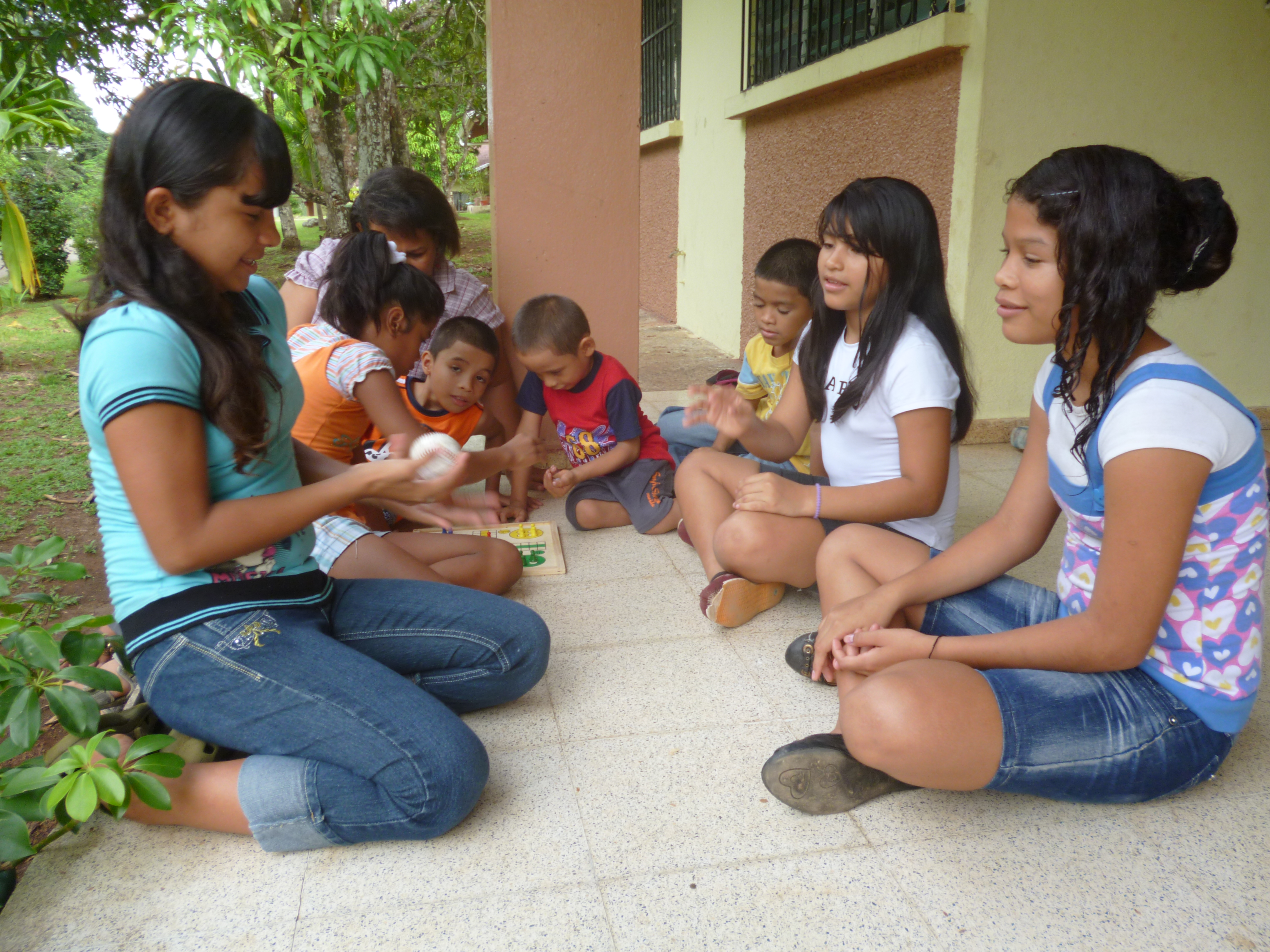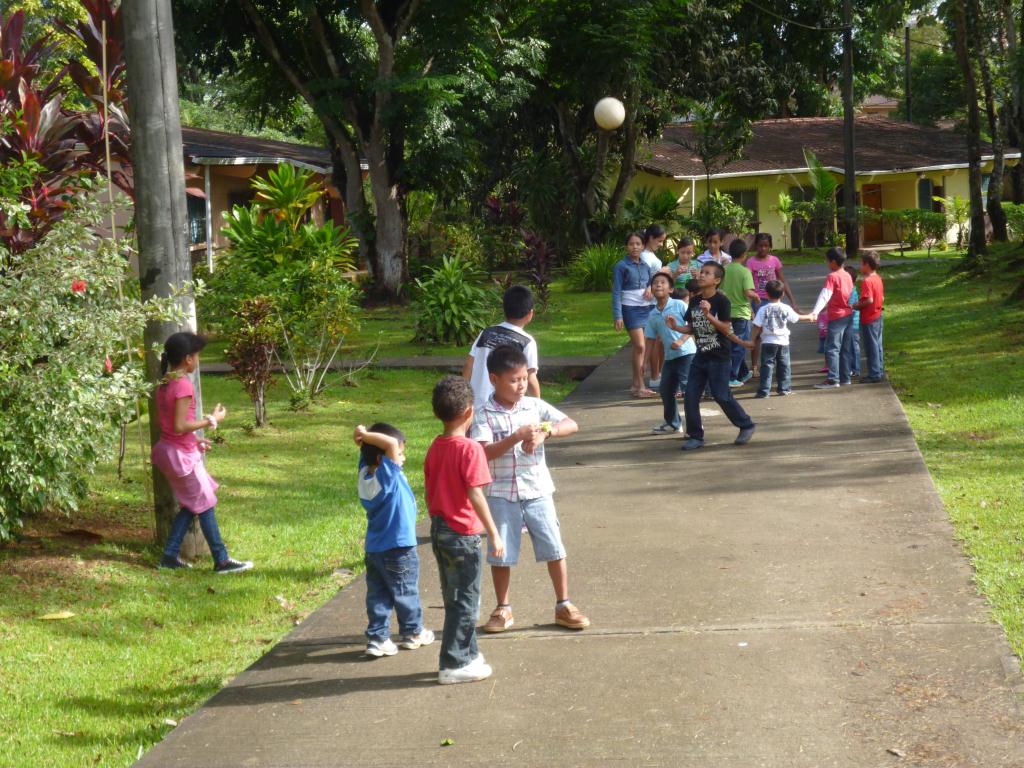In Panama City, many children never get to experience the joys of a happy childhood
.jpg?width=800)
SOS Children's Village Panama City is located on the north-western edge of the Panamanian capital. It was set up on one of the first pieces of land that had been returned to Panamá from the United States following the Torrijos-Carter Agreement in 1977. Often referred to as "Little Miami", Panama City is a melting pot of different cultures and arguably the most modern and developed capital in Central America.
Economically, Panama has been marked by tremendous growth over the last decades. In fact, it has one of the fastest growing economies in the entire world. Nonetheless, Panama remains a country of extreme contrast. The lives of many families in the poor neighbourhoods of Panama City are overshadowed by high crime rates, a lack of access to public services and adequate housing. Homicide rates have been soaring in Panama City over the last decade. In fact, the Panamanian capital has seen one of the most drastic increases relative to the number of inhabitants. Particularly notorious for their high crime rates are the ghettos of Curundú and El Chorillo.
Although the number of poor has decreased, poverty is far from being eradicated in modern Panama. Within Latin America, Panama ranks among the five most unequal nations in terms of wealth distribution. Tens of thousands of children are deprived of a loving, affectionate family environment. A high number of them have lost parental care and many more are at risk of losing it, mainly as a result of poverty. These children are victims of a stolen childhood: without any protection, they roam the streets of Panama's capital, vulnerable to drug abuse, sexual exploitation and gang violence.
For economic reasons, many families in the capital depend on the extra income generated by their children. Thus, around five per cent of all children aged five to seventeen in Panama City engage in labour activities.
In Panama City, many young people get caught up in a life of crime as a result of parental neglect
Organised gangs often recruit children and young people from poor, socially disadvantaged families. Once they are trapped in the vicious cycle of delinquency and drugs, it is hard to get their life back on track and escape poverty. Although our organisation does not specifically target street children, a strong link between children who face parental neglect and juvenile delinquency undeniably exists.
What we do in Panama
.jpg?width=800)
Located in what was once the Canal Zone, commonly known as "la zona" among Panamanians, SOS Children's Village Panama City now offers loving homes for children who have lost parental care, and a youth programme.
The SOS Children's Village comprises 16 SOS families where children live with their brothers and sisters and are cared for by loving SOS mothers. Through our SOS Youth Programme, which consists of a number of youth communities depending on the need, young people per community develop perspectives for their future and learn how to shoulder responsibility as they lead semi-independent lives. They are encouraged to develop a sense of team spirit and build contacts with relatives and friends. Children who formerly lived in SOS families are also given the opportunity to continue their educational career through various different scholarship programmes offered by our organisation.